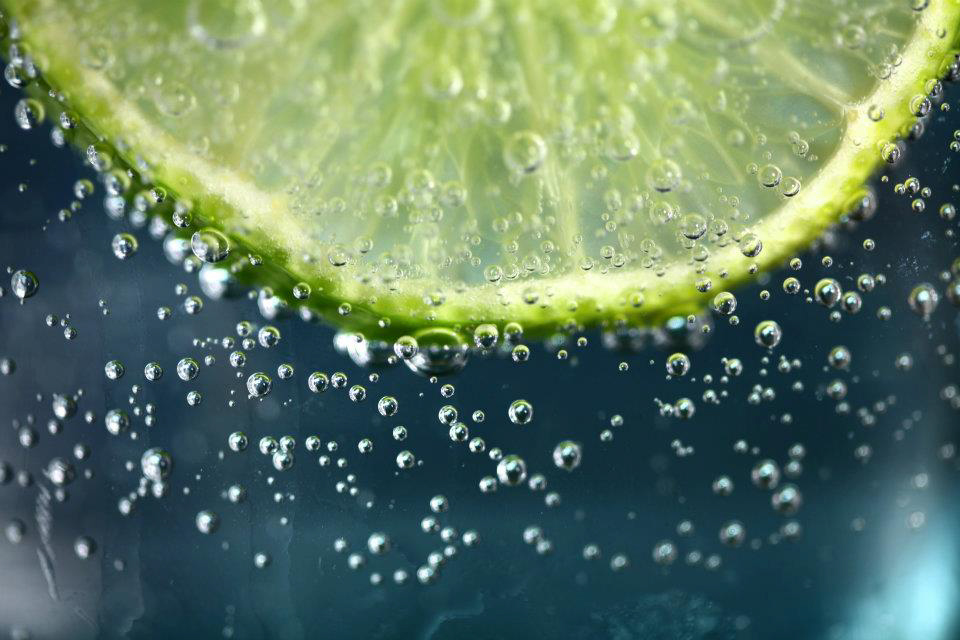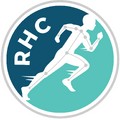
Hydration is one of those things that’s often overlooked, but it’s actually a game-changer when it comes to muscle and joint health. I’ve experienced it myself. In my journey to overcome my neck injury, the very first thing my health coach told me was to get hydrated. I know my own personal experience doesn’t equate to any major scientific findings, but there are studies to back this up. In my case, getting properly hydrated probably helped more than anything else. Better yet, I used to have “old man knees” and a constantly sore lower back. Nowadays They’ve completely dissipated. I notice that when I let my hydration levels slip, the feeling comes back, which is why I always try to stay on top of things.
Why Hydration Matters for Your Muscles and Joints
Think of water as your body’s oil and lubricant. Without it, your muscles feel tighter, joints get creaky, and things just don’t move as smoothly. Hydration helps your muscles function properly by keeping them flexible and less prone to cramping or strain. Plus, water is essential for joint lubrication—it keeps the cartilage (the cushion between your bones) nice and supple, reducing friction and protecting your joints from wear and tear. Your muscles and joints will let you know they’re unhappy if you’re dehydrated.
When you're hydrated, your body has the fluid it needs to transport nutrients to your muscles, flush out waste (goodbye lactic acid!), and keep everything in balance. On the flip side, when you're dehydrated, you’ll experience more muscle soreness, recovery times stretch out, and your joints might feel stiff and achy. Unhealthy muscles also lead to joint pain, so hydration is doubly important.
How much should be drink?
Everybody is different and the real answer is rather nuanced, but the best way to suss out the right answer is to go by body weight: If you use the imperial system, divide your body weight by 2 and that’s how many fluid ounces you should drink (eg: 180lbs = 180/2 = 90 fl. Oz which is 11.25 cups). If you follow the metric system, multiply your body weight by 30 to see how many milliliters you should drink (eg. 70gk = 70x30=2,100 or 2.1L).
Now, just drinking water isn’t enough. The water in your body is in a structured gel-like state, and how it is transformed into that state is a highly complicated process that we’re not going to get into, but electrolytes and minerals are a key element to that…... which brings us to our next topic.
Food: The underrated hydration superstar.
The foods you eat also contribute to your hydration levels. In many ways hydrating foods can be BETTER than water because they also provide electrolytes which help you absorb water, vitamins and minerals that help fuel your body, too. Here are a few tasty options that not only help keep you hydrated but also support your joints and muscles in the process.
- Watermelon: It’s made of over 90% water—need I say more? This juicy fruit is perfect for a hydration boost, and it’s packed with antioxidants to help keep inflammation in check.
- Cucumbers: With about 96% water, cucumbers are basically a hydration superhero. Plus, they’ve got vitamins K and C, which are great for your joints and can help reduce swelling.
- Celery: Celery is full of water and electrolytes like potassium, which help maintain fluid balance. Plus, it’s a great source of fiber, keeping things moving in the digestion department. And the classic celery and peanut butter combo is probably the most well-rounded snack ever!
- Coconut Water: If water’s just not cutting it, coconut water is a fantastic alternative. It’s naturally loaded with electrolytes like potassium and magnesium—perfect for keeping muscles happy and cramp-free.
- Oranges: Not only do they keep you hydrated, but they also give your body a nice hit of vitamin C to help keep your joints strong and flexible. A snack that hydrates and supports joint health? Yes, please!
- Spinach: Packed with water, protein, iron and magnesium (which helps muscles relax), spinach is a great green for hydration and joint health. Toss it in a salad or smoothie for a win!
- Broth: Especially homemade bone or veggie broth. A well-made broth is essentially a sports drink minus the sugar because of all the nurturing electrolytes intrinsically in it. Enjoy your homemade soup! It’s good for you all around.
Foods That Are Better Left Alone (If You Want to Stay Hydrated)
I’m not going to say you shouldn’t ever have any of these. However, if hydration levels and joint pain is something you want to focus on, having no more than 2 combined servings of these a day is good rule of thumb.
- Caffeine: Coffee, energy drinks, and sodas—while they can give you a pick-me-up, they also act as diuretics, meaning they make you pee more, which can lead to dehydration. Stick to consuming moderation if you can.
- Alcohol: A cold beer after a workout sounds nice, but alcohol can dehydrate you by increasing urination and messing with nutrient absorption. Maybe save the drinks for a rest day instead!
- Salty Foods: Processed snacks, fast food, and canned soups often have loads of added salt, which can mess with your hydration levels and make your joints feel a little extra creaky. Keep an eye on sodium intake to avoid water retention and discomfort.
- Sugary Foods: Too much sugar can increase inflammation in the body, which means more joint pain and muscle soreness. Plus, it can mess with your fluid balance and make you feel sluggish.
Pairings help too!
- Having a handful of nuts or seeds with a glass of water will help your body absorb more water.
- Having a latte and/or adding cinnamon to your coffee or tea can help counteract (but not erase) the dehydrating of caffeine.
- Having vegetables and warming spices like turmeric and cardamom in your soup helps gets more vitamins and minerals to your body.
- Dipping cucumbers or celery in protein rich foods like nut butters or yoghurt helps get more electrolytes into your body.
In short, eating the right foods can contribute to almost a third of your daily nutrition needs! So that 11 cups of water you need to drink can be reduced to 8 if you’re taking the aforementioned advice. But, again, be aware of the clues your body is giving you and you’ll be fine.
Bottom Line
If you want to get rid of soreness, improve your joint health and reduce your rest and recovery time, then hydration is the key; and not just water! Get those hydrating vegetables and soups; limit your sugar, caffeine, and alcohol intake; manage the salt, and your muscles and joints will thank you!

